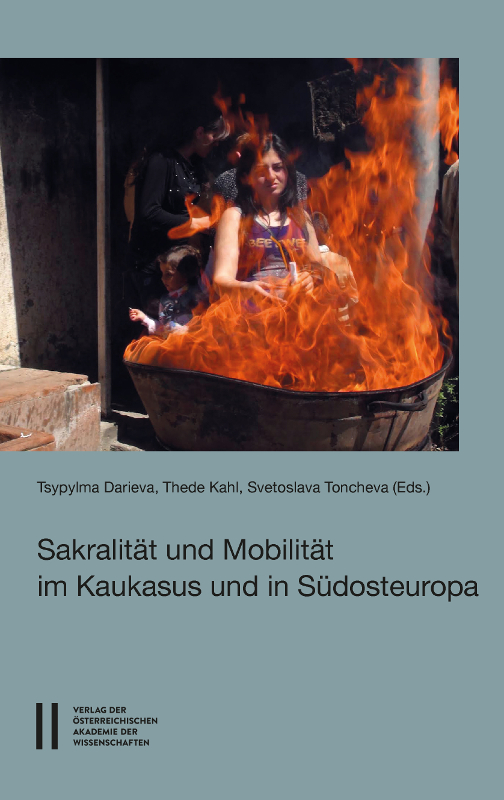
Sakralität und Mobilität im Kaukasus und in Südosteuropa, pp. 83-106, 2017/12/15
Andrei Bitov is one of the numerous 20th century Russian authors who wrote about the Caucasus. Like most of them, he references the tradition of Russian literary texts about the Caucasus, quoting classical Russian authors of the 19th and 20th centuries. This paper deals with three texts written by Bitov in different periods of his development as an author and offering different perceptions of the Caucasus. In each of the texts he sacralises the Caucasian landscape, but in each case in a different way. For instance, in 1967, the year of the 50th anniversary of the October Revolution Bitov writes a book about Armenia, portraying the Soviet Republic as a land with a sacred landscape and not mentioning the Soviet Union at all. By stressing the continuity of thousands of years of Armenian history, and by depicting the landscape in biblical terms, he seems to subversively express the idea that nothing exists forever, not even Soviet power.
Keywords: Andrei Bitov (Armenia Lessons, The Georgian Album, The Monkey Link), Russian literature and the Caucasus, literature and the sacred, sacralisation